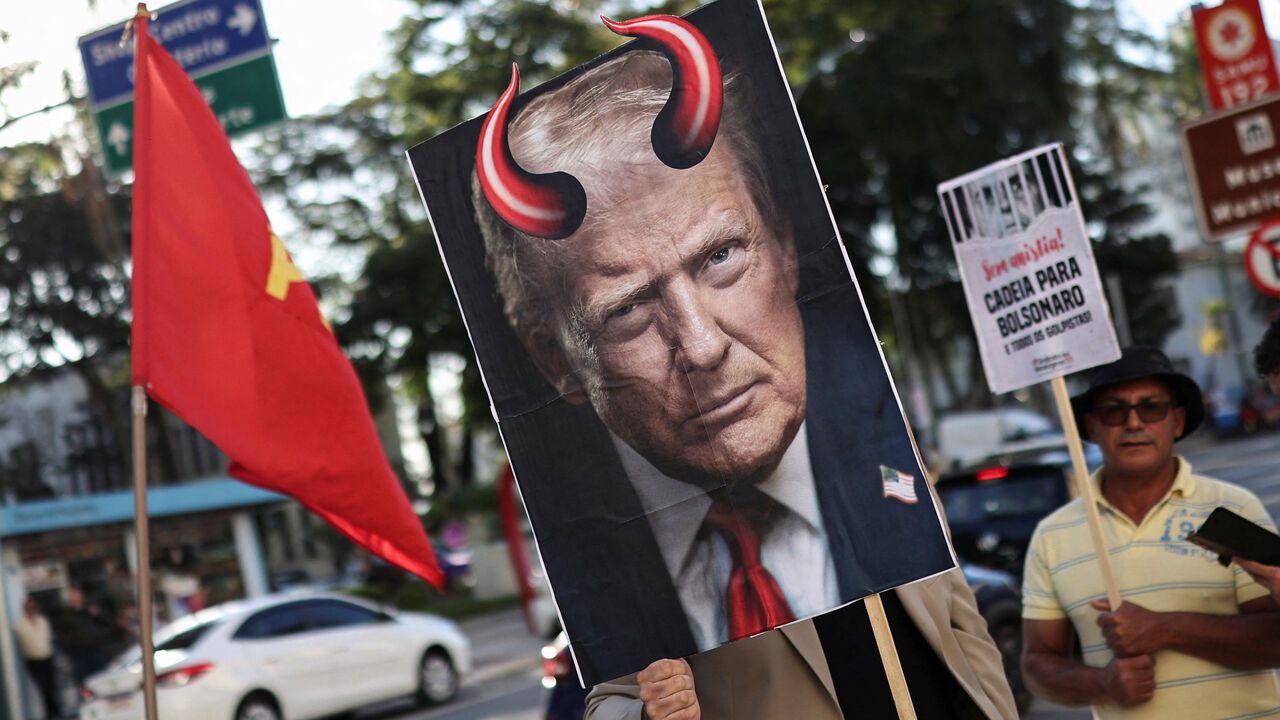Articles in this Cluster
09-08-2025
The article argues that the US is making a mistake by easing export controls on advanced chips to China at a time when China is rapidly advancing in artificial intelligence (AI), potentially threatening US geopolitical and military superiority.
Entities: America, China, DeepSeek, The Economist, Artificial Intelligence (AI) • Tone: negative • Sentiment: negative • Intent: critique
09-08-2025
The article discusses the 'buy now, pay later' (BNPL) credit model, which is often met with skepticism and negative perceptions, similar to other new forms of credit in the past. Despite its bad reputation, BNPL could be useful if lenders adopt responsible practices. The article draws historical parallels with the introduction of installment plans for furniture and cars in the early 20th century and the issuance of credit cards by Bank of America in the late 1950s, highlighting that new credit forms are often initially met with suspicion.
Entities: Buy now, pay later, The Economist, Bank of America, Houston Chronicle, Álvaro Bernis • Tone: neutral • Sentiment: positive • Intent: inform
09-08-2025
El Salvador's legislative assembly, dominated by Nayib Bukele's New Ideas party, has voted to remove presidential term limits from the constitution, allowing Bukele to seek re-election indefinitely and potentially rule the country for life. This move has raised concerns about the future of democracy in the region, as Bukele is widely admired across Latin America.
Entities: Nayib Bukele, El Salvador, New Ideas party, Latin America, The Economist • Tone: negative • Sentiment: negative • Intent: inform
09-08-2025
Panama's comptroller-general, Anel Flores, has filed two cases with the Supreme Court to revoke CK Hutchison's contract for operating two ports at the Panama Canal, escalating the tug-of-war between China and the US over the canal. This move is seen as a significant development in the ongoing rivalry between the two global powers, with China likely to be furious and the US delighted if the contract is scrapped.
Entities: Panama, CK Hutchison, China, United States, Donald Trump • Tone: analytical • Sentiment: neutral • Intent: inform
09-08-2025
The construction of a new dam on the Indio river in Panama, approved by the Panama Canal Authority (ACP), is met with resistance from local farmers who will be displaced by the project. The dam is intended to alleviate water woes for the Panama Canal, a crucial waterway for global shipping. Local farmers, who rely on the land for their livelihood, protested against the decision, feeling they were not given a chance to debate the project.
Entities: Panama, Panama Canal Authority (ACP), Indio river, Donald Trump, Olegario Cedeño • Tone: neutral • Sentiment: negative • Intent: inform
09-08-2025
The article argues that Spain's Prime Minister Pedro Sánchez should step down due to being scandal-plagued, despite his achievements in economic growth, labour reform, and welfare state strengthening. The author believes his continuation in office hinders Spain's democracy from renewing itself.
Entities: Spain, Pedro Sánchez, European Union, Palestine, Socialist Party • Tone: analytical • Sentiment: negative • Intent: persuade
09-08-2025
The article discusses how former President Donald Trump continues to advocate for tariffs despite their potential to disrupt global commerce and financial markets. It references his 'Liberation Day' tariffs announcement on April 2nd, which was later scaled back. The article suggests that while the world has moved on from this event, Trump has not, and highlights the potential damage tariffs can cause to America, its trading partners, and consumers.
Entities: Donald Trump, White House, America, China, The Economist • Tone: neutral • Sentiment: negative • Intent: inform
09-08-2025
The article argues that Israel must hold itself accountable for its actions in the Gaza conflict, as its founding principles of human dignity and universal human rights are being challenged. The author emphasizes that Israel's Declaration of Independence and the Geneva Conventions, both established in 1948, enshrine these values, which are now under attack in Gaza.
Entities: Israel, Gaza, Donald Trump, The Economist, Geneva Conventions • Tone: analytical • Sentiment: negative • Intent: persuade
09-08-2025
The article discusses whether an astronomical anomaly will challenge the concept of scientific revolutions, referencing historical examples such as Copernicus and Lavoisier, and questioning if every significant discovery constitutes a paradigm shift.
Entities: Nicolaus Copernicus, Antoine Lavoisier, The Economist, China, America • Tone: analytical • Sentiment: neutral • Intent: analyze
